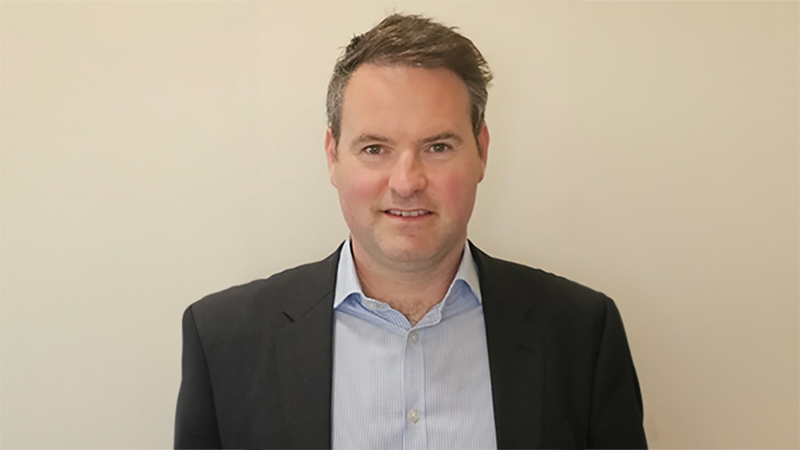The Office for National Statistics (ONS) reported the largest monthly drop in UK inflation since February 2015 as the Consumer Prices Index including owner occupiers’ housing costs (CPIH) fell to 2.6% in June, compared with 2.7% in May.
Late last week, the US Labor Department reported US CPI fell more sharply than expected, to 1.6% in June from 1.9% in May. Meanwhile, consumer spending disappointed after a 0.2% drop in retail sales.
The drop in CPI could lead the BoE to slam the brakes on its anticipated tightening, especially if it considers weakening business sentiment and the lack of wage increases further eroding UK consumer spending.
Azad Zangana, senior European economist at Schroders, expects the BoE to freeze rates, anticipating its next inflation report to show a much weaker growth outlook than previously expected, with inflation only slightly above the bank’s forecast.
“We continue to expect the Bank of England to keep interest rates on hold until well into 2019,” he says.
It is also worth bearing in mind the BoE’s more hawkish tone of late, with chief economist Andrew Haldane and governor, Mark Carney, having both hinted they are coming around to the view that UK rates may need to rise soon, albeit when inflation was still at 2.9%.
One thing is for certain: volatility will continue. As Nick Leung, research analyst at WisdomTree, says: “Alongside a divided UK cabinet that is yet to adopt a coherent Brexit strategy, ongoing political uncertainty will continue driving volatility in the pound and UK inflation over coming months.”
But perhaps the bigger issue is the relationship between prices and wages in the UK. Despite the drop in June, prices are still rising faster than wages and if interest rates continue to go up it would further erode consumer spending power.
That would be bad news on two fronts. First, for the economy which relies on consumer spending for three-quarters of its growth; and second, for consumers who will continue to face higher living costs.
In fact, the pinch from higher inflation is already beginning to be felt. A recent survey by Aegon found four in five (80%) people are concerned about maintaining their current lifestyle in the face of rising inflation, and one in four (28%) have diverted money away from their savings owing to the increasing cost of living.











